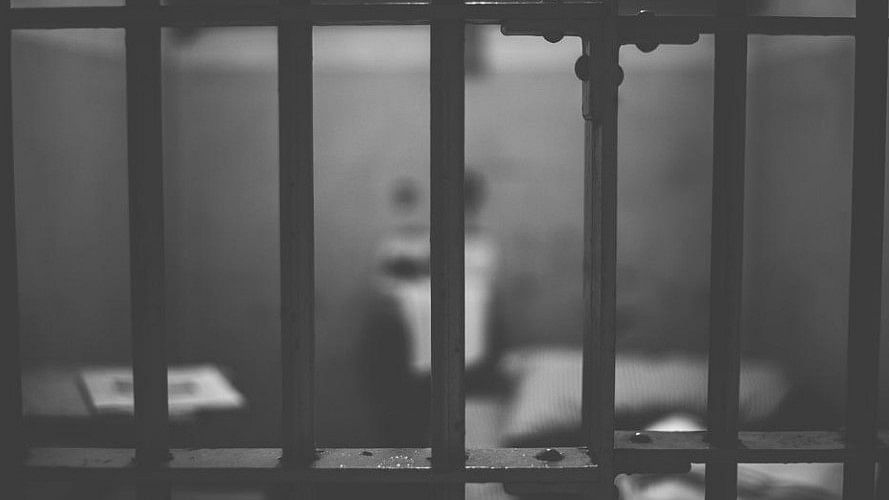
The court scheduled the matter for further hearing after six weeks.
Credit: Pixabay
New Delhi: Bajrang Dal activist Dara Singh, serving the life term in the murder of Australian Christian missionary, Graham Stuart Staines, and his two minor children, has filed a plea in the Supreme Court seeking remission for having served for 24 years in jail.
He contended he repented the offences as he was then "overwhelmed by distress at the barbaric deeds inflicted upon India by the Mughals and the British".
After hearing his counsel Vishnu Shankar Jain, a bench of Justices Hrishikesh Roy and S V N Bhatti on Tuesday issued notice to Odisha government, seeking its response.
The court scheduled the matter for further hearing after six weeks.
Singh was convicted of murder for having burnt alive 58-year-old, Staines, an Australian Christian missionary working with victims of leprosy, and his two sons, Philip, 10, and Timothy, aged 6, as they slept in their jeep in a forest clearing in Manouharpur-Baripada on the night between January 21 and 22, 1999.
In his petition, Rabindra Kumar Pal alias Dara Singh, who originally hailed from Auraiya District in Uttar Pradesh, contended the state authorities had failed to address several representations sent for his remission and premature release, jeopardising his right under Article 21 of the Constitution.
The petitioner, lodged in Keonjhar district jail, submitted he happened to be more than 60 years of age and has already undergone more than the qualified period i.e. 14 years of sentence as stipulated in remission policy of April 19, 2022.
The petitioner has never been released on parole and even when his mother passed away, he could not perform her last rites, his plea said.
It also stated the petitioner acknowledged and deeply regretted the transgressions perpetrated more than two decades ago.
"In the fervor of youth, fueled by impassioned reactions to the brutal history of India, the petitioner's psyche momentarily lost restraint and it is imperative for the court to scrutinise not merely the actions but the underlying intent, noting that there was no personal animosity harboured towards any victim," it said.
He claimed his actions arose out of the fervent desire to protect the nation rather than stemming from personal malice. He sought a "fair evaluation of the circumstances surrounding those tumultuous times," his plea added.
It also pointed out in a catena of judgments involving similar circumstances and gravity of offences, the court has granted release of life convicts on the grounds of good conduct inside the jail, the period of incarceration undergone, etc.
He also relied upon the Rajiv Gandhi case convict A G Perarivalan who was directed to be released by the court in 2022. He also cited the theory of reformative justice, summarised in the words of the eminent jurist and a former Judge of the Supreme Court Justice V R Krishna Iyer, "Every saint has a past, every sinner has a future."
He claimed he believed in karmic philosophy and in order to cure the effects of bad karma that he has gained through his action, he prayed before the court for an opportunity towards reformation of his character.
